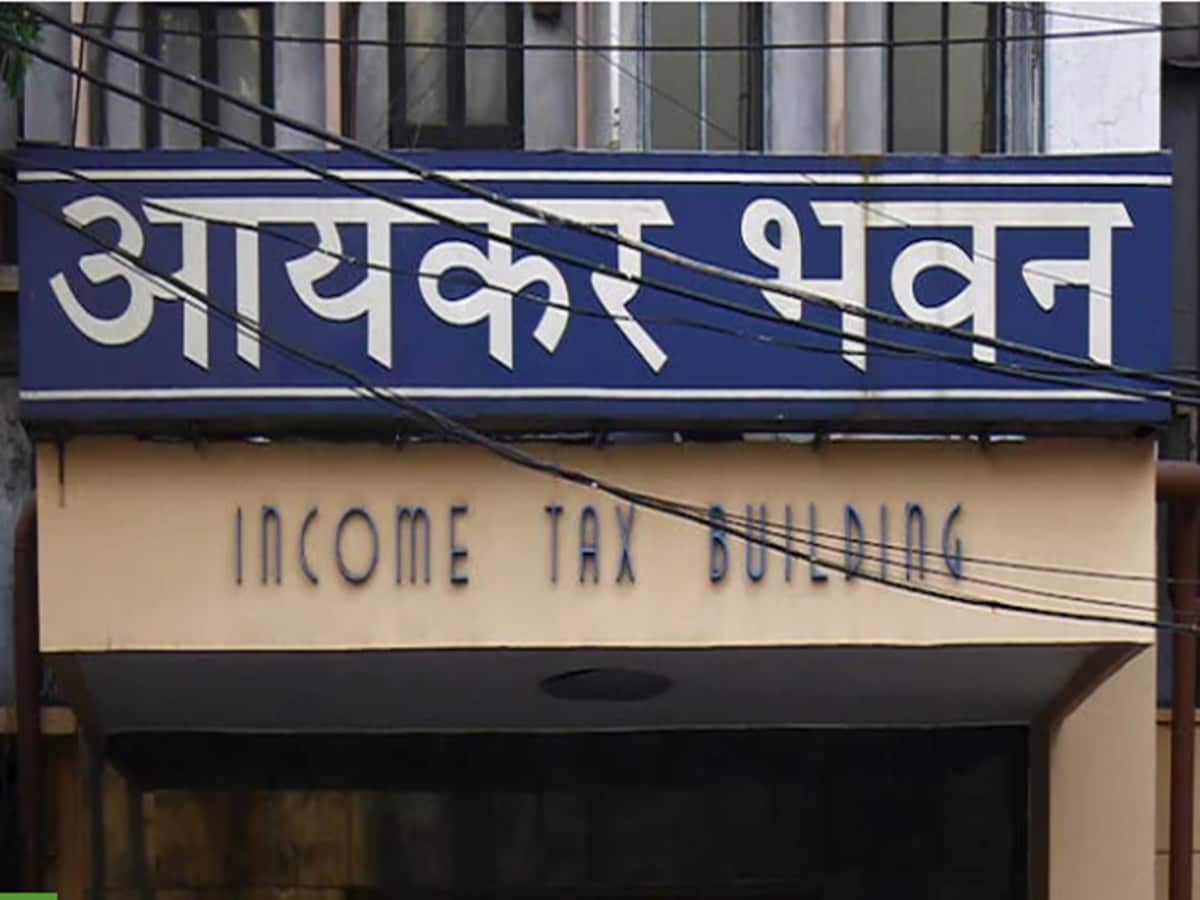Empower Your Future: Income Tax Department to Recruit 50 Young Law and Accountancy Graduates with a Monthly Stipend of ₹40,000

Empower Your Future: Income Tax Department to Recruit 50 Young Law and Accountancy Graduates with a Monthly Stipend of ₹40,000
In a significant move towards reinforcing its workforce, the Income Tax Department has announced its plans to bring on board 50 dynamic young graduates with backgrounds in law and accountancy. This bold step comes as a strategic measure to enhance the department’s operational efficiency and to ensure the effective implementation of tax regulations across the nation. With a focus on nurturing fresh talent and fostering growth, this recruitment drive opens doors of opportunity for aspiring professionals and further strengthens the government’s commitment to prudent fiscal governance.
Aiming for Excellence
The Income Tax Department has consistently strived for excellence in its operations, and this new initiative is a testament to its commitment. By selecting 50 individuals from the pool of young law and accountancy graduates, the department is embracing a rejuvenated approach to tax administration. The power of youth, combined with the vibrancy of fresh ideas, promises to invigorate the department’s capabilities.

A Win-Win for Graduates and Tax Administration
For the young law and accountancy graduates, this recruitment drive is nothing short of a golden opportunity. With an attractive monthly stipend of ₹40,000, the Income Tax Department is not only recognizing the value of their education but also acknowledging their potential contribution to the nation’s financial landscape. This stipend not only provides a fair compensation for their skills but also presents a pathway to gain practical experience in the intricate domain of taxation.
Moreover, these graduates will have the privilege of working alongside seasoned professionals, thus benefiting from mentorship and exposure to real-world scenarios. This symbiotic relationship is poised to accelerate their learning curve and enhance their professional acumen. Furthermore, this endeavor can potentially lead to permanent positions within the department, enabling these young talents to carve out rewarding and impactful careers.
Nurturing Talent and Fostering Growth
The recruitment drive aligns seamlessly with the government’s broader vision of nurturing talent and driving economic growth. By investing in young graduates, the Income Tax Department is sowing the seeds for a prosperous future. The practical exposure gained during this stint will undoubtedly translate into enhanced employability and a deeper understanding of the complex tax landscape.
The department’s emphasis on law and accountancy graduates underscores the significance of specialized knowledge in tax administration. Tax laws are intricate and multifaceted, requiring a thorough understanding of legal and financial nuances. By handpicking individuals with these qualifications, the department is ensuring that its workforce possesses the requisite expertise to navigate the challenges posed by evolving tax codes.

Championing Ethical Taxation
In an era where fiscal responsibility and ethical taxation are paramount, the Income Tax Department’s recruitment drive sends a powerful message. By bringing in young talent, the department is reinforcing its commitment to a transparent and accountable tax administration system. These fresh minds are likely to infuse novel perspectives that could lead to the development of innovative strategies for tax collection and compliance.
Application Process and Selection Criteria
The application process for this recruitment drive is designed to be comprehensive and fair, ensuring that the most deserving candidates are selected. Interested graduates with degrees in law or accountancy can submit their applications through the official portal of the Income Tax Department. The application should be accompanied by relevant documents showcasing the candidate’s educational qualifications and any related experience.
The selection process will consist of multiple stages, including a written examination, group discussion, and personal interview. These stages are carefully structured to assess not only the candidates’ technical knowledge but also their communication skills, problem-solving abilities, and teamwork. The aim is to identify candidates who not only possess the necessary academic prowess but also exhibit the qualities required to excel in a dynamic work environment.
A Step Towards a Brighter Future
As the Income Tax Department gears up to welcome these 50 young law and accountancy graduates, the ripple effects of this initiative are likely to extend beyond immediate expectations. The infusion of fresh ideas, combined with the guidance of experienced professionals, has the potential to reshape the department’s operational strategies. This injection of talent is poised to create a more agile, responsive, and forward-looking tax administration body.
The government’s decision to invest in young professionals also speaks to the larger narrative of empowering the youth. By offering a competitive stipend and a platform to learn and contribute, the Income Tax Department is positioning itself as a catalyst for individual growth. This drive aligns with the government’s broader mission of fostering skill development and employability, while also addressing the critical need for ethical tax administration.

Conclusion
The Income Tax Department’s decision to recruit 50 young law and accountancy graduates with a monthly stipend of ₹40,000 is a watershed moment in the realm of tax administration. This initiative not only signifies the department’s dedication to excellence but also underscores its commitment to nurturing young talent. The impact of this move is expected to be far-reaching, creating a more robust, knowledgeable, and dynamic workforce.
As these aspiring graduates step into the world of tax administration, they carry with them the hopes of a nation yearning for ethical and effective taxation practices. With the right blend of guidance, mentorship, and exposure, these young professionals have the potential to become stalwarts in the field of finance and law. As they embark on this transformative journey, the future of taxation administration in the country looks brighter than ever before.




